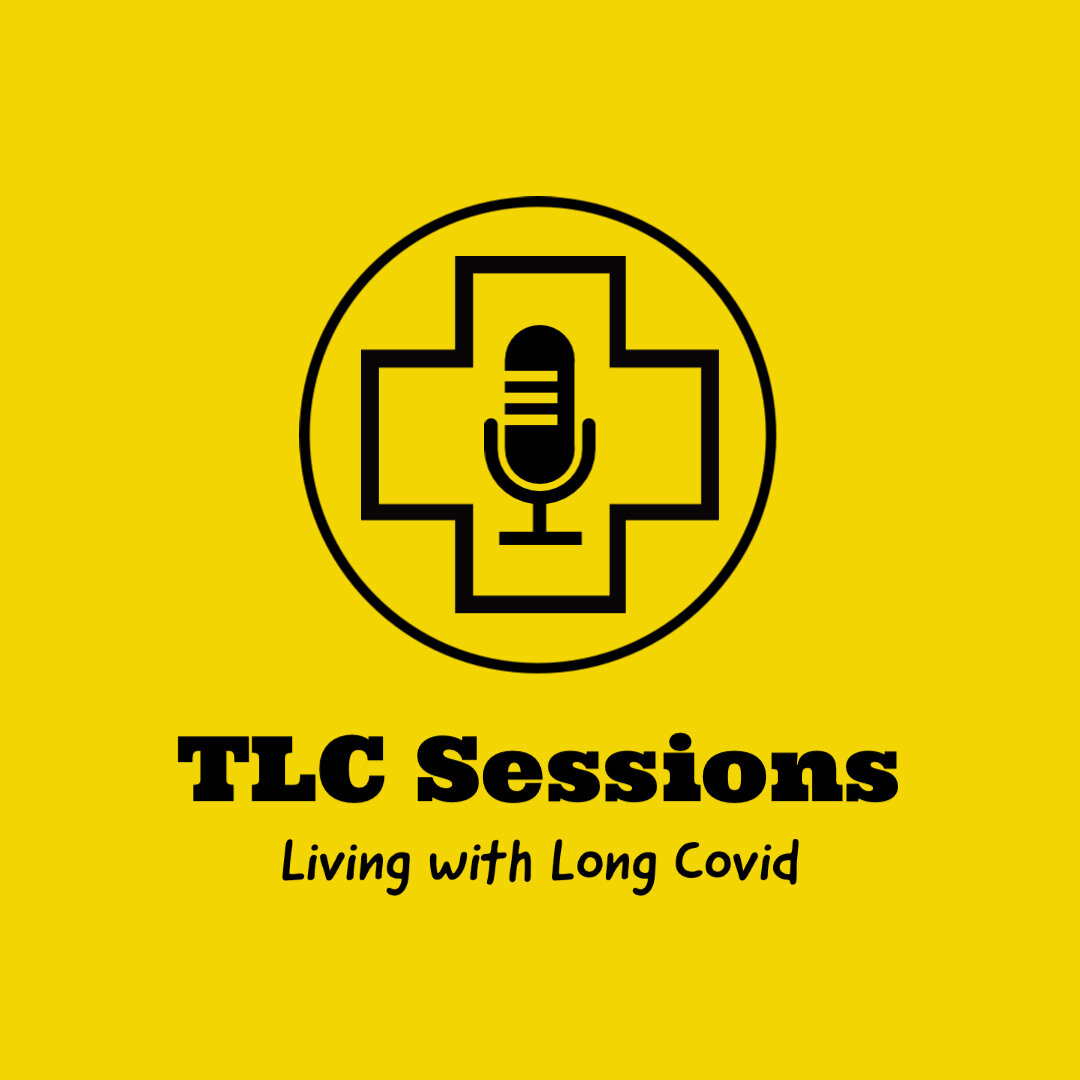Episode 44: Prof. Doug Kell - microclotting
Professor Doug Kell, a systems biologist at Liverpool University, is widely known in the Long Covid community for being a part of the team that discovered microclots in Long Covid patients. He is one half of a scientific double act, along with Professor Resia Pretorius, who developed tests to look for these clots with a special microscope. They published a paper together showing that the plasma of Long Covid patients contains large anomalous (amyloid) deposits. It concluded that the clotting pathologies, in both acute COVID-19 infection and Long COVID, might benefit from following a regime of continued anti-clotting therapy.
Kell explains how the clotting process is thought to develop and how that leads to certain symptoms such a post exertional malaise (PEM). At this point these are still theories and we are yet to see definitive research into these mechanisms. As he points out - these protocols take time.
He also discusses the potential benefits of Nattokinase, Lumbrokinase and Serrapeptase on the clots and vascular diseases.
This work in finding microclots has led many Long Covid patients to try HELP Aphaeresis which is an invasive and expensive medical procedure. It requires your blood to be removed and pushed through a machine that ‘sieves’ the clots out before being returned to your body. But because we do not know why the clots form this procedure has not ‘cured’ many people and some have even reported feeling worse after the treatment. As Dr. Kell says “not all people react to treatments the same way”.
As ‘Team Clots’ gathers momentum it is important to highlight the power of social media and the impact it has on the thousands of desperate and vulnerable people who are willing to try anything to rid themselves of this disease. We are trying to bring you balanced ideas from the research that is available, but reiterate that it may be prudent to wait for further studies to be conducted before trying extreme therapies. As Professor Kell highlights – he is not a medical doctor and is not offering medical advice.

